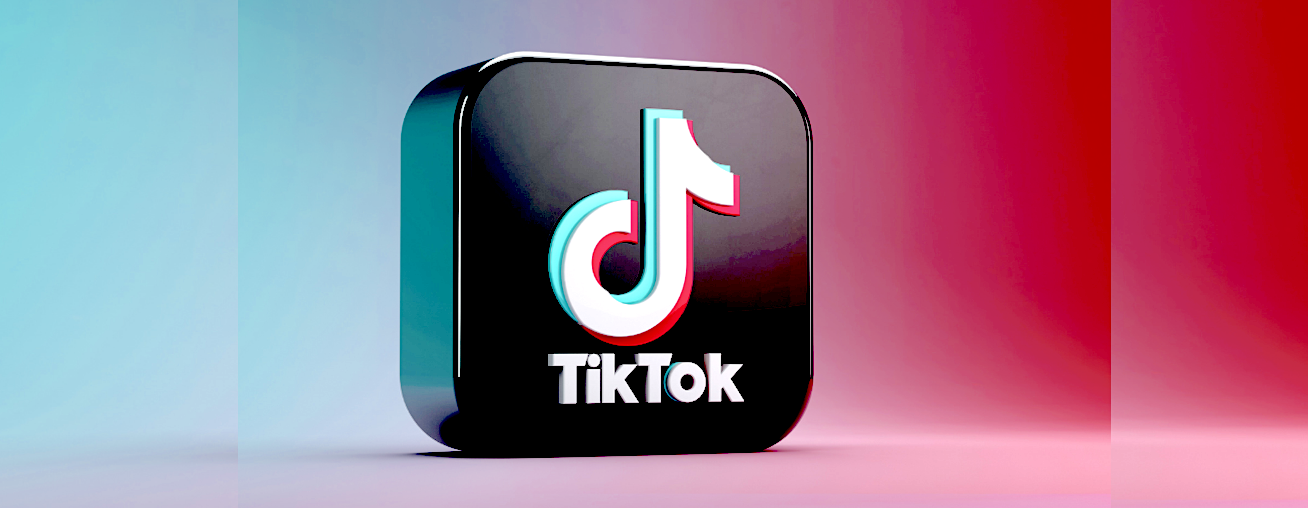I wanted to learn more about social media trends so I interviewed our summer interns, Sandy and Mark. The goal: to hear their thoughts on the winners and losers and how social media makes them feel. While our sample size is small, the commentary was revealing.
Key takeaways
- TikTok is winning today, Reels is next in line
- They’re comfortable with TikTok’s connection to China
- Facebook and Snap are losing
- Instagram is a way to stay connected
- Twitter is an afterthought
- The Metaverse is an afterthought
- Social media leads to feelings of wasting time
TikTok is winning because short-form videos are addictive
TikTok nailed it with the 15-60 second video format. Sandy, Mark and their close network of friends spend about 1.5 hrs a day on social media, most of which consists of watching short videos.
The format is addictive is because you don’t have to wait for the punchline. You get sucked in. Committing to a 15-second video is easier than committing to a 20-minute video. The irony is that while the initial commitment is less, total time spent ends up being more.
TikTok does have competition. YouTube Shorts and Instagram Reels have the same format and features. TikTok has the upper hand when it comes to depth of content, but YouTube and Instagram have loyalty which they’re building on for their short video features.
Comfortable with TikTok’s China connection
Older people like myself believe that younger people may not want to use TikTok because of its ties to China. This begs questions around user and data privacy. To my surprise, Sandy and Mark say this connection isn’t a concern. They’re not worried about the Chinese government potentially having access to their user info because “they can’t really do anything with it anyway.”
Facebook and Snap are losing
Facebook and Snapchat used to be the stay connected apps. Both interns have Facebook and Snap accounts but could not remember the last time they used them. The only real use cases for Facebook are for briefly checking in on family content, getting groups of friends together occasionally, and buying or selling on the Marketplace.
Snap usage has declined over the past two years, in part, because Instagram copied many of Snapchat’s features. If you’re curious, the flagship Snap filters have lost popularity and are now considered cheesy.
Instagram is the stay connected app
Instagram is the new way to stay connected, taking the mantle from Facebook and Snapchat. The visual aspects of Instagram have made it a quick and entertaining way to keep up with friends. For users out of college, Instagram is an entertaining way to see what people are doing. Hearing the college Instagram use case reminded me how social life is when you’re a student.
Twitter’s an afterthought
As a reminder, Twitter’s 229m (including bots) DAU’s is far less than Facebook’s 2B and Snap’s 332m. Therefore, it’s not a surprise that college students use Twitter less. The reason is that students are less focused on news and more focused on gaming and social. I see that dynamic as a neutral to Twitter given that students are not its core focus.
Metaverse remains an afterthought
My excitement for the metaverse was greeted by indifference from our interns. However, the potential of the metaverse as the internet 2.0 excited Sandy and Mark. My take: the youth are always excited about change, and that should explain our long-term optimism. In the near-term, the metaverse still lacks the definition needed to generate excitement. The bottom line: they can’t get too excited about the metaverse because they don’t really know what it is, and that awareness is going to take years to develop.
Social media leads to feelings of wasting time and guilt
Another reason I interviewed our interns was to learn about how people felt after using social media. They each give themselves time limits, but they feel a bit of guilt related to a feeling of wasting time after exceeding that. All you need to know about social media’s addictiveness is that people continue to use it despite the guilt. That, of course, is a long-term positive for the industry.
